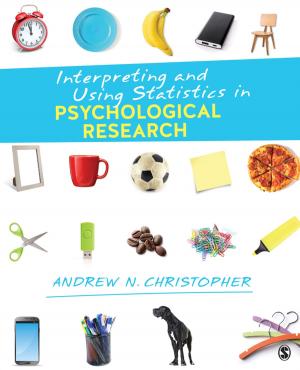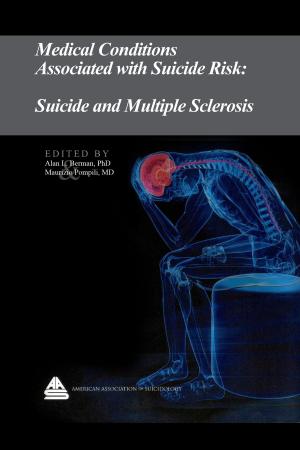Is Hypnosis Dangerous? Beliefs About Hypnosis & Expectations of Negative Effects
Nonfiction, Health & Well Being, Psychology, Research| Author: | Steven Dark | ISBN: | 9781466085572 |
| Publisher: | Steven Dark | Publication: | June 29, 2011 |
| Imprint: | Smashwords Edition | Language: | English |
| Author: | Steven Dark |
| ISBN: | 9781466085572 |
| Publisher: | Steven Dark |
| Publication: | June 29, 2011 |
| Imprint: | Smashwords Edition |
| Language: | English |
A detailed study of the available literature and evidence from clinical, experimental and entertainment hypnosis including a comprehensive review and detailed analysis of hypnosis in popular art and culture which, the author suggests, has historically given rise to exaggerated beliefs and many widespread myths and misconceptions about hypnosis that contribute to expectation of negative effects.
This work attempts to answer the questions pertaining to the alleged incidence of negative effects arising from the use of hypnosis in clinical, experimental, therapeutic and entertainment contexts.
It is argued that any such negative effects arising from the application of hypnosis do so not because of any dangers inherent in hypnosis itself or its techniques and applications but are due almost entirely to pre-existing beliefs about hypnosis and expectations of possible negative effects based on widespread misunderstanding about hypnosis as a discrete altered state of consciousness.
The author suggests that in fact hypnosis is not such an altered state but a psycho-social context in which compliance and belief are integral factors.
This argument is presented within the context of the academic dispute between physiological 'state' and social compliance 'non-state' theories.
A detailed study of the available literature and evidence from clinical, experimental and entertainment hypnosis including a comprehensive review and detailed analysis of hypnosis in popular art and culture which, the author suggests, has historically given rise to exaggerated beliefs and many widespread myths and misconceptions about hypnosis that contribute to expectation of negative effects.
This work attempts to answer the questions pertaining to the alleged incidence of negative effects arising from the use of hypnosis in clinical, experimental, therapeutic and entertainment contexts.
It is argued that any such negative effects arising from the application of hypnosis do so not because of any dangers inherent in hypnosis itself or its techniques and applications but are due almost entirely to pre-existing beliefs about hypnosis and expectations of possible negative effects based on widespread misunderstanding about hypnosis as a discrete altered state of consciousness.
The author suggests that in fact hypnosis is not such an altered state but a psycho-social context in which compliance and belief are integral factors.
This argument is presented within the context of the academic dispute between physiological 'state' and social compliance 'non-state' theories.















